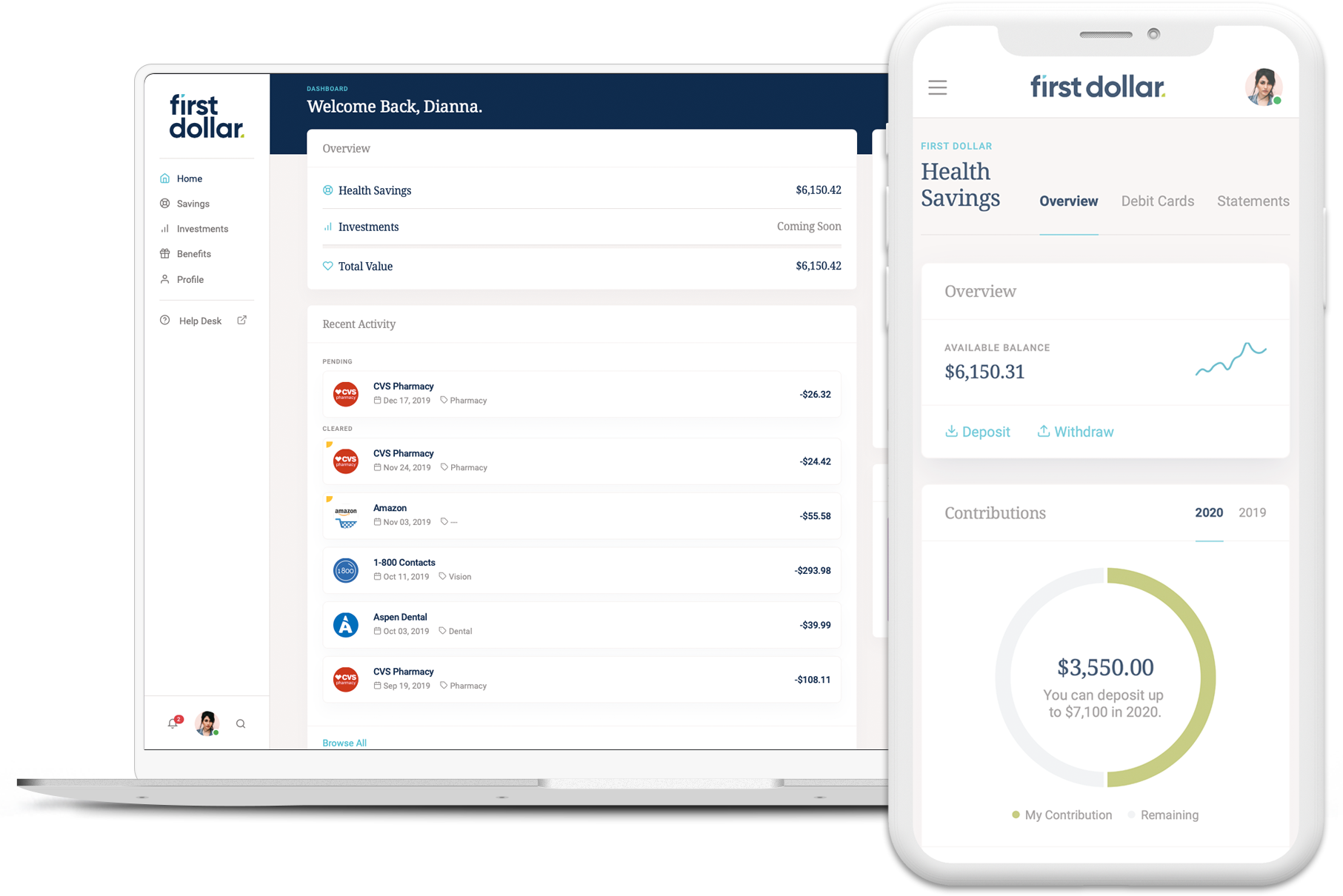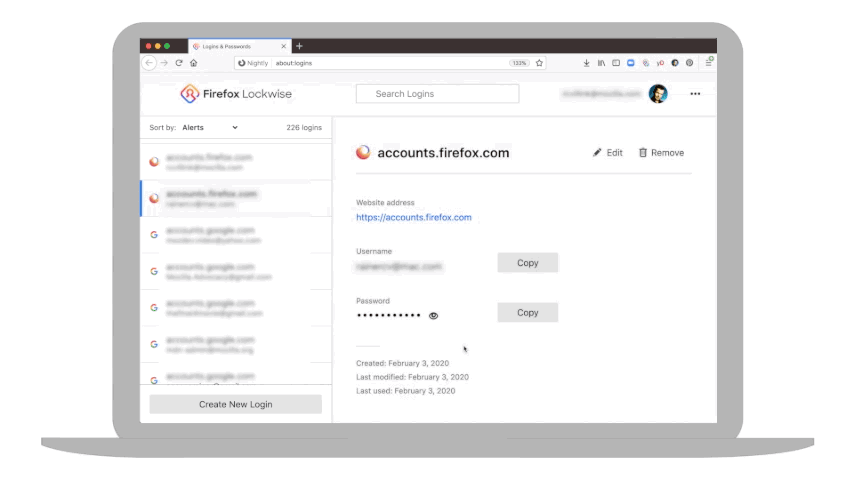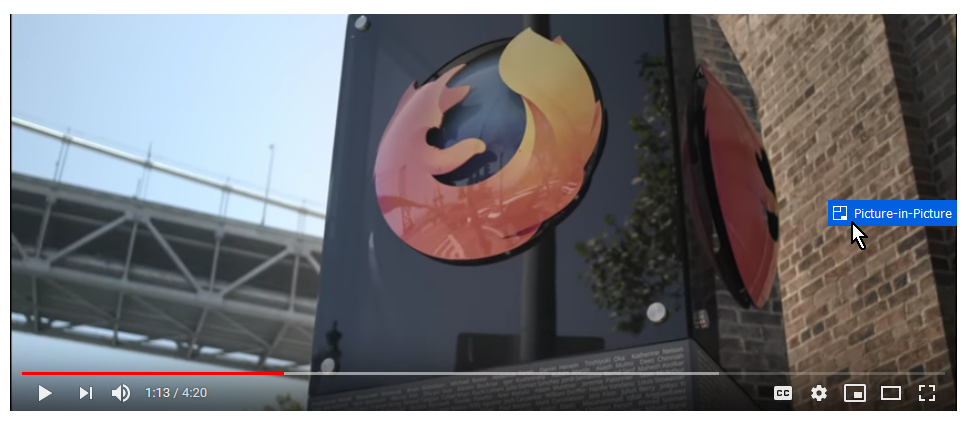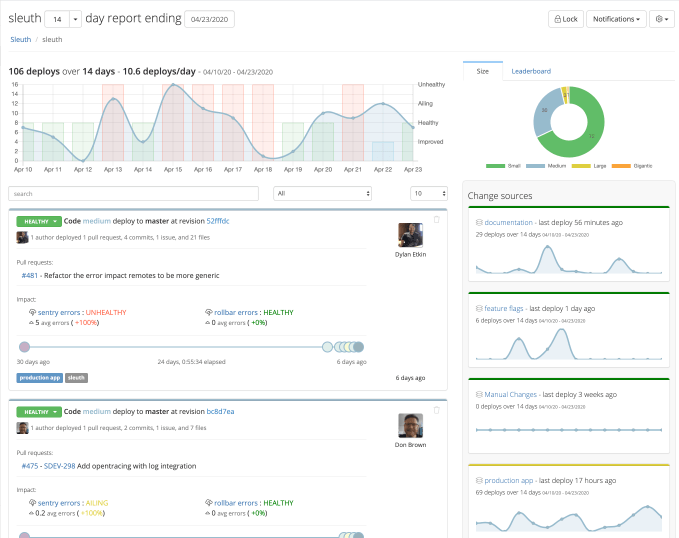California Attorney General Xavier Becerra along with city attorneys from Los Angeles, San Diego and San Francisco filed a lawsuit asserting Uber and Lyft gain an unfair and unlawful competitive advantage by misclassifying workers as independent contractors.
The suit argues Uber and Lyft are depriving workers of the right to minimum wage, overtime, access to paid sick leave, disability insurance and unemployment insurance.
The lawsuit, filed in the Superior Court of San Francisco, seeks $2,500 in penalties for each violation under the California Unfair Competition Law, and another $2,500 for violations against senior citizens or people with disabilities.
“The companies, we believe and argue are shirking their obligation to their workforce,” Becerra said in a call today. By shirking those obligations, Becerra said, Uber and Lyft are shifting those costs to California taxpayers.
“American taxpayers end up having to help carry the load that Uber and Lyft don’t want to accept,” Becerra said. “These companies will take the workers’ labor, but they won’t accept the worker protections.”
This lawsuit comes after Uber and Lyft have spent millions of dollars to try to combat California law AB 5, which makes it harder for tech companies to classify workers as independent contractors.
Labor issues have been front and center amid the COVID-19 pandemic. Just yesterday, Amazon Web Services VP Tim Bray resigned from the company, citing Amazon’s firings of employees that were critical of the company. Meanwhile, gig workers have organized a number of strikes and protests to demand basic workplace protections like masks and gloves while they’re on the job.
But Uber and Lyft drivers have long been advocating for themselves. Last year, as both Uber and Lyft were gearing up to make their debuts on the public market, drivers staged a number of protests to demand better pay, benefits and the right to form a union.
We’ve reached out to Uber and Lyft and will update this story if we hear back.
This story is developing. Check back for updates.






